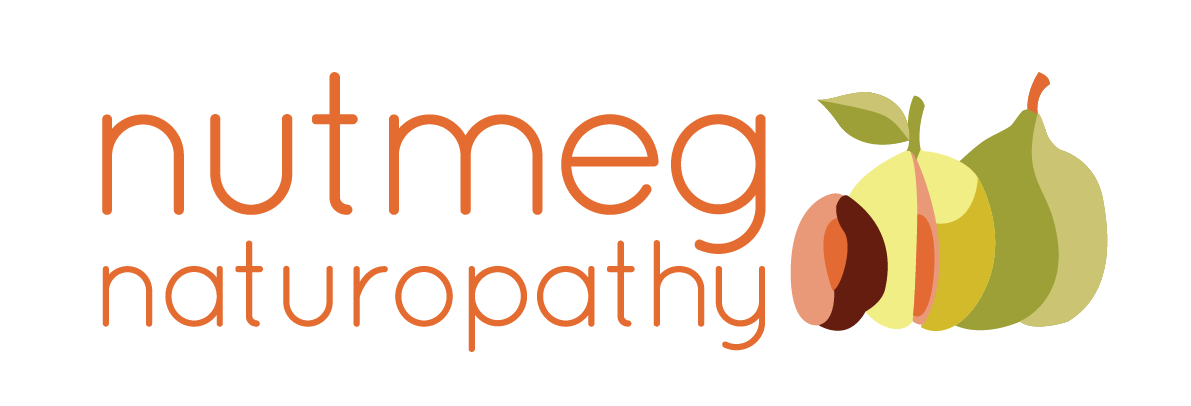Firstly, what is inflammation?
Inflammation is a vital part of the body’s natural immune response to a perceived threat or illness. This is a good thing and a VERY INTELLIGENT response from the body. The inflammatory process is our body’s attempt to strengthen and protect the area under attack by calling upon a stampede of immune cells to fight off the danger. Thus, inflammation is a very necessary part of the natural healing process. Symptoms of inflammation are many, including pain, stiffness, redness, swelling, impaired or loss of function, digestive disturbances, skin outbreaks, sleep disturbances, headaches, impaired concentration and fatigue.
The issue with inflammation is if it becomes chronic. Inflammation sustained for long periods of time, hinders our body’s ability to heal itself and can potentially lead to a number of subsequent health conditions. So, what is one thing we can do to help reduce chronic inflammation in the body? There are numerous strategies we can implement to help reduce inflammation, as our overall health depends on a myriad of factors. One great and vital place to start, is to look at what we are feeding our cells on a daily basis. This is where an anti-inflammatory, wholefoods-based diet comes in.
** I want to clarify here, that whenever I use the term ‘diet’, I am simply meaning what you eat in a day. I am not promoting any kind of restrictive way of eating for weight loss goals or other, and I never will. The end. **
What is an anti-inflammatory diet?
An anti-inflammatory diet highlights the consumption of foods that help reduce inflammation in the body, encourage optimal digestion for proper nutrient absorption, and reduce the risk of developing chronic illnesses, whilst limiting foods that are ‘pro-inflammatory’.
The anti-inflammatory diet encourages the consumption of fresh, whole and nutrient-dense foods, i.e. fresh fruit and veg, whole grains, legumes, and good fats such as small oily fish, cold pressed olive oil, nuts & seeds and avocado. It is based upon all of our fresh, whole foods being as close to their natural state as possible. For example, opting for the juicy, fresh orange rather than the long-life reconstituted orange juice (lots of processing and packaging involved).
What we are particularly wanting to limit/eradicate in the anti-inflammatory diet is highly processed/packaged goods, which are generally high in artificial ingredients, i.e. preservatives, flavours, colours, additives and artificial/refined sugars. These artificial ingredients are all big contributors to inflammation in the body. When we start to eat these highly refined and processed foods, we are depriving our body of what it truly craves and needs for optimal functioning – beautiful, whole nutrients.
Making the Switch
To put it in to practice, here are some examples of swapping pro-inflammatory foods with the anti-inflammatory substitute;
✓ Store-bought salad dressing → homemade extra virgin olive oil + lemon juice + tahini + salt/pepper.
✓ White bread/rice/pasta → unrefined wholegrain alternatives such as brown or wild rice, barley, oats, freekeh, rye sourdough, quinoa, amaranth, or buckwheat.
✓ Reducing consumption of red meat, poultry and dairy (cheese, yoghurt, milk) → oily fish e.g. sardines, anchovies, mackerel, wild-caught salmon, organic eggs, coconut yoghurt, unsweetened nut milks, nuts/seeds or legumes.
✓ Coffee, sugary drinks or alcoholic beverage → filtered water, herbal tea, turmeric latte, kombucha, or green tea.
✓ Store-bought confectionery/chocolate → A few squares of a good quality dark chocolate (approx. 70 - 80%) or a dairy free/refined sugar free chocolate from your nearest health food store.
✓ Tinned/frozen fruit & vegetables → buy fresh!
✓ Include anti-inflammatory spices in your cooking such as garlic, turmeric, ginger, cinnamon, thyme and clove.
Is an anti-inflammatory diet right for you?
Every person is different and foods that work for you may not work for others and vice versa. ‘Eating well’ means countless different things and there is no one perfect way of eating. So, making the best, wholefoods choices for YOU is vital for your overall health and well-being.
The focus of an anti-inflammatory diet is simply promoting the consumption of anti-inflammatory foods, yet it can also limit foods such as dairy, wheat and red meat. This is not to say that these foods are ‘bad’ or cannot be consumed whilst following an anti-inflammatory way of eating. Thus, it is always advised to consult your preferred healthcare practitioner to ensure an anti-inflammatory diet is applied correctly for you, making sure all your nutritional requirements are being fulfilled.
A Final Note
Remember that consuming an anti-inflammatory diet is certainly not about depriving yourself of certain foods and following a rigid way of eating. It is simply about the regular consumption of a wide variety of nourishing, whole foods. This accompanied with a positive attitude towards food + eating and leading a holistic lifestyle in general will help enable your body and mind to thrive <3
Nutmeg xxx





